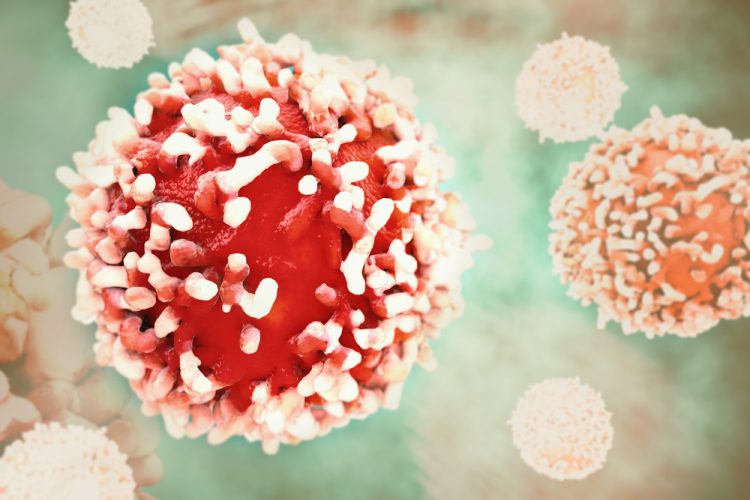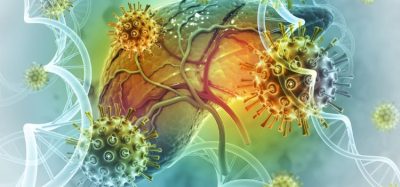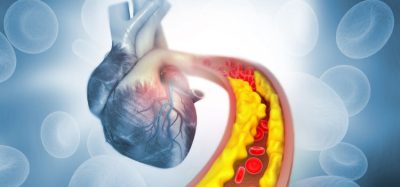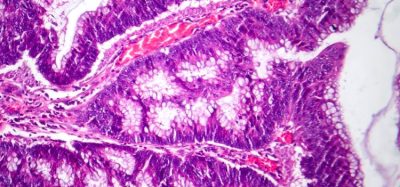Lumakras™ displays positive results in Phase Ib cancer study
Posted: 8 October 2021 | Anna Begley (European Pharmaceutical Review) | No comments yet
Lumakras™ (sotorasib) demonstrated effective response rates against non-small cell lung cancer and colorectal cancer in Phase Ib trial.


Amgen has announced new combination study results from the Phase Ib CodeBreaK 101 study, a comprehensive global master protocol trial evaluating the safety and efficacy of Lumakras™ (sotorasib), the first and only approved KRASG12C inhibitor, in more than 10 different investigational combination regimens for the treatment of patients with KRAS G12C-mutated cancers.
The Lumakras and afatinib combination arm enrolled 33 heavily pre-treated patients with KRAS G12C-mutated non-small cell lung cancer (NSCLC), including five patients previously treated with Lumakras monotherapy. Ten patients received 20mg of afatinib/960mg of sotorasib (cohort one; four patients with prior Lumakras experience) and 23 patients received 30mg of afatinib/960mg of sotorasib (cohort two; one patient with prior Lumakras experience). The objective response rate (ORR) was 20 percent in cohort one and 35 percent in cohort two. The disease control rate was 70 percent and 74 percent in the two cohorts, respectively.
The most common treatment-related adverse events (TRAEs) for this study were diarrhoea, nausea and vomiting. Grade 3 TRAEs occurred in 30 percent of patients in both dose groups, with diarrhoea being the most common.
The combination of Lumakras and trametinib showed anti-tumour activity in heavily pre-treated patients with KRAS G12C-mutated solid tumours, including those with prior KRASG12C inhibitor treatment. A total of 41 patients were enrolled in the Phase Ib study with 18 patients with NSCLC, 18 patients with colorectal cancer (CRC) and five patients with other solid tumours. The maximum tolerated dose tested was 2mg trametinib/960 mg sotorasib administered daily.
In patients with CRC who were KRASG12C inhibitor naïve, nine percent achieved partial response and 82 percent achieved disease control. In patients who were previously treated with a KRASG12C inhibitor, 14 percent achieved partial response and 86 percent achieved disease control. In patients with NSCLC who were KRASG12C inhibitor naïve, 20 percent achieved partial response and 87 percent achieved disease control. In patients who were previously treated with a KRASG12C inhibitor, 67 percent achieved disease control. The most common TRAEs for the Lumakras study were diarrhoea, rash, dermatitis acneiform, nausea and vomiting. No new safety concerns were identified.
“A critical component of cancer drug development is to interrogate multiple pathways to understand whether different combinations can meaningfully advance cancer care. For this reason, Amgen has undertaken the broadest and most comprehensive global clinical development program for patients with the KRAS G12C mutation, exploring multiple combinations that will allow us to understand where we can best serve patients,” stated Dr David Reese at Amgen. “We look forward to presenting additional data, including PD-1 and SHP2 combination datasets, in the coming months.”
Related topics
Anti-Cancer Therapeutics, Big Pharma, Clinical Trials, Data Analysis, Drug Safety, Research & Development (R&D), Therapeutics









